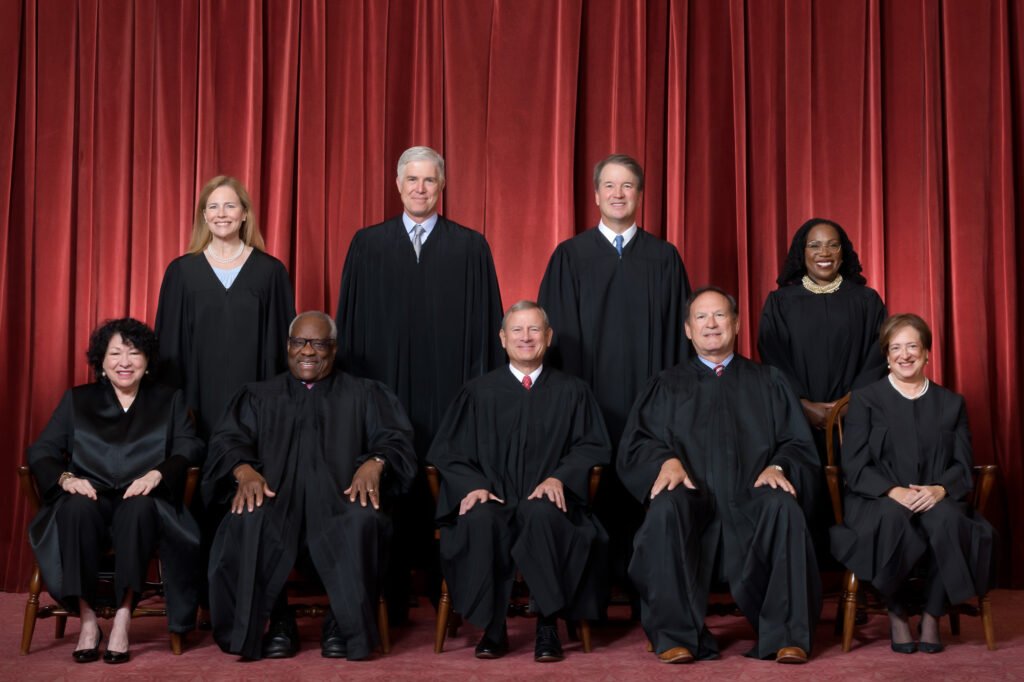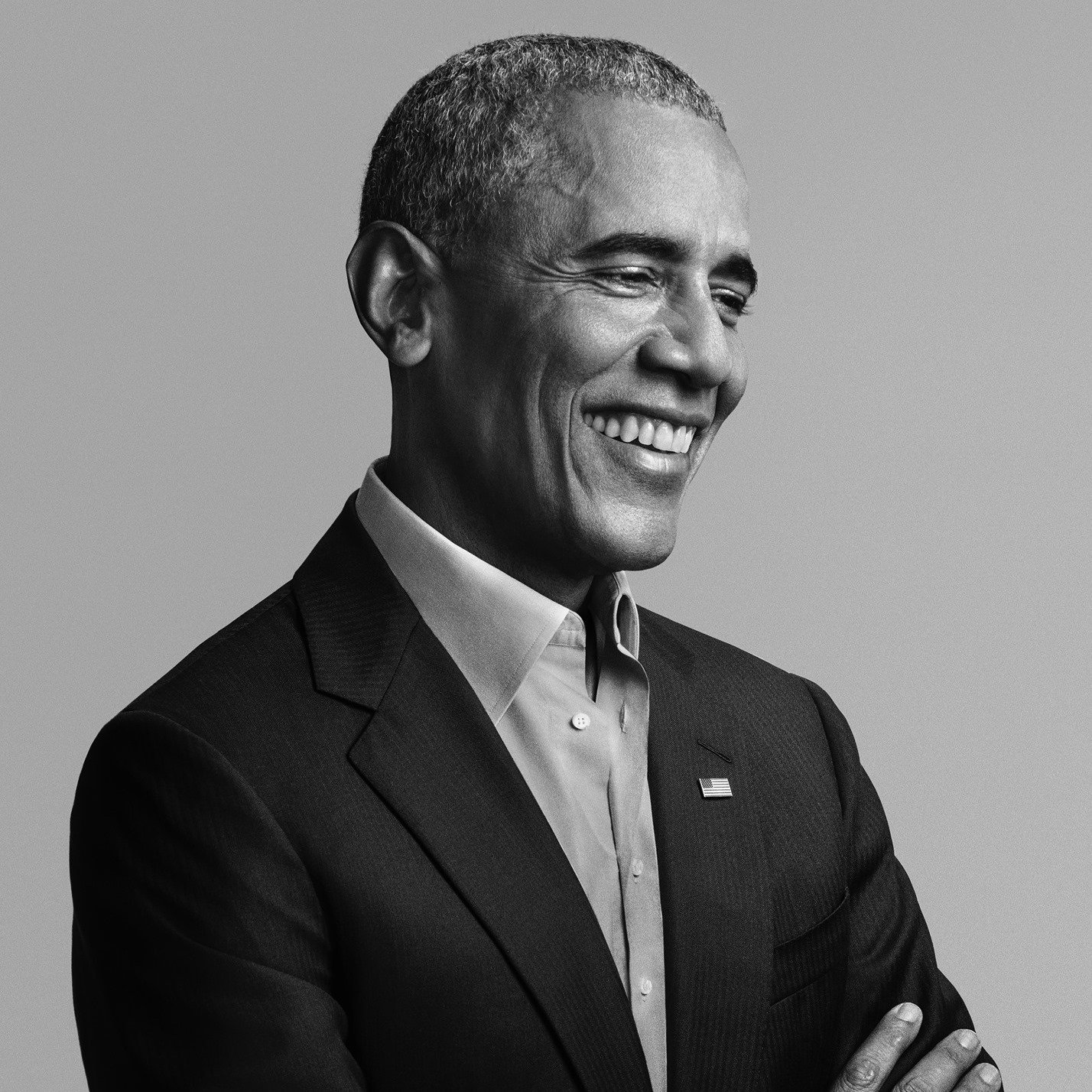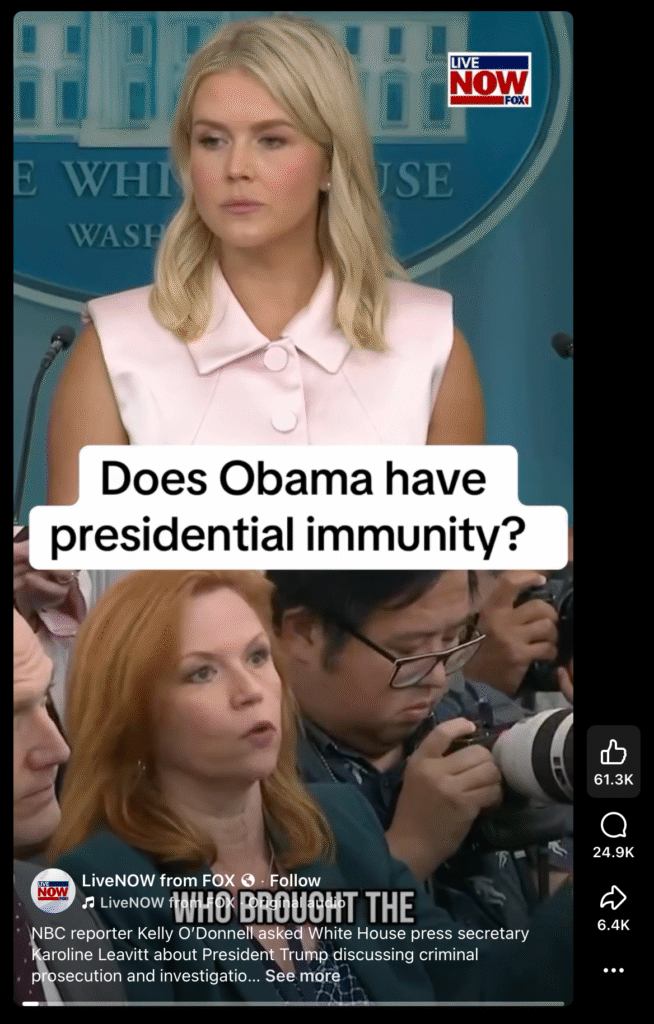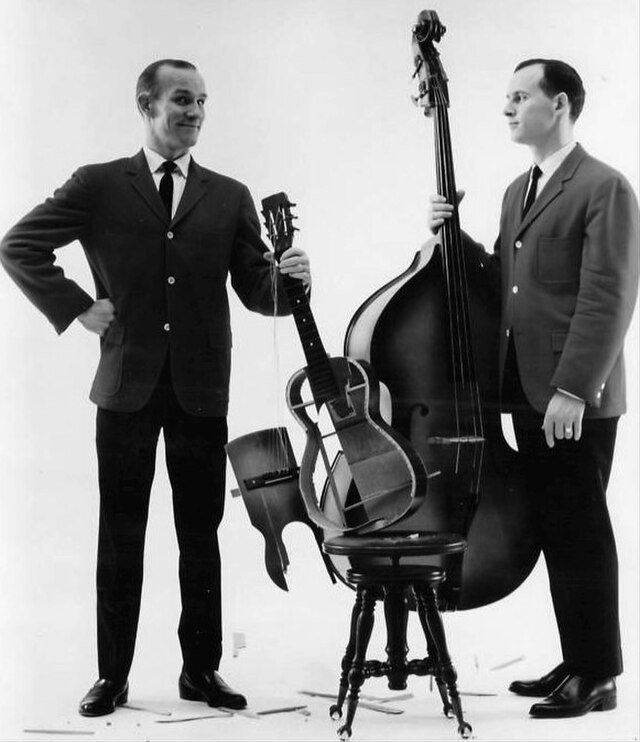Recent comments by NBC’s Kelly O’Donnell and White House Press Secretary Karoline Leavitt have sparked fresh questions about presidential immunity. O’Donnell asked whether President Trump could pursue criminal investigations against former President Obama, given that the Supreme Court recently clarified the limits of a president’s legal protections. Leavitt responded cautiously, saying she would “leave that in the Department of Justice’s hands” and trust them to handle any potential cases. But what does the law actually say about prosecuting former presidents?
⚖️ What the Supreme Court Has Said
In the 2024 case Trump v. United States, the Supreme Court outlined the scope of immunity for former presidents. The ruling established three key points:

- Absolute Immunity for Official Acts
Presidents are shielded from prosecution for actions taken within the “exclusive sphere” of constitutional duties. This includes activities like issuing pardons, commanding the military, and conducting foreign policy. - Presumptive Immunity for Other Official Acts
For acts that are less central to constitutional duties, former presidents may still have immunity unless a prosecutor can prove that enforcing the law would not interfere with presidential powers. - No Immunity for Unofficial Acts
Conduct outside the scope of official duties, personal or private actions, is not protected by immunity and can be subject to criminal investigation or prosecution.
Importantly, this framework applies equally to all former presidents, including Barack Obama.
🇺🇸 Can a Former President Be Prosecuted?
Legal scholars emphasize that former presidents are not above the law. To bring charges against someone like Obama, prosecutors would need to show that the alleged conduct:
- Occurred outside official presidential duties, and
- Is not protected by absolute or presumptive immunity.
For example, claims related to political investigations or private actions would require careful legal analysis to determine whether immunity applies.
🤔 Why This Matters
The Supreme Court’s ruling strikes a delicate balance between accountability and the functional independence of the presidency. It ensures that former presidents can be held legally responsible for personal wrongdoing, while protecting actions taken in the course of governing the country.
For the American public, understanding these protections is more than a technical legal question. It’s about safeguarding the rule of law and ensuring that no one is above it, while preserving the integrity of the office itself.




